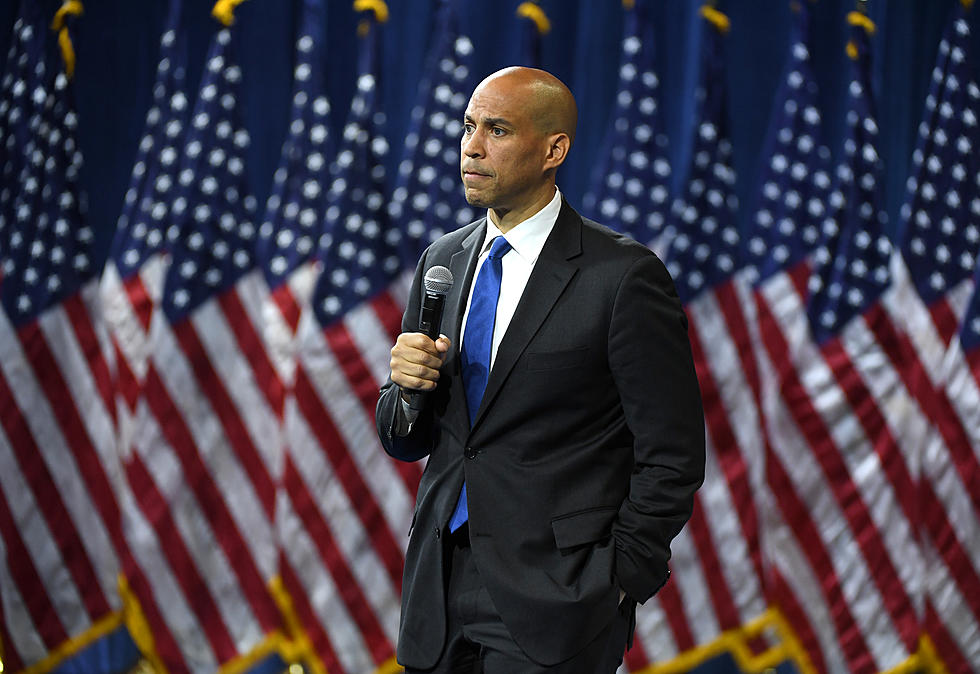
Seeing holes in effort to bridge ‘word gap’ in poor children
When former New York Mayor Michael Bloomberg announced his foundation was awarding $5 million to launch Providence's high-tech idea to improve the vocabularies of the city's youngest children, he said he hoped the pilot could take root in Rhode Island and spread across the nation.
Three years later, more than 500 families have participated in Providence Talks, which uses wearable audio recorders to count every word spoken by toddlers and their parents in low-income households.
But whether the pioneering program is a national model or just an interesting concept hasn't been settled.
Most child development experts agree on one thing: Poor preschool children hear far fewer words than wealthy children. That can lead them to fall behind in building early literacy skills, and, when they grow older, to do poorly in school.
Providence's program was envisioned as a way to close what's called the "word gap" by encouraging parents to speak more with their infants and toddlers.
Social workers regularly visit homes, delivering charts that show how many words were spoken each hour and day -- excluding from TV and radio. They talk about methods to boost the count and enrichen conversations, from reading picture books to chatting about the texture of peanut butter or vegetables while walking down the supermarket aisle.
And while the program's own self-evaluation last year found that participating parents are talking more with their kids, the results for children are inconclusive and might not be known until they grow older. No one promised immediate success, but devoting so much to an unproven program worries some experts.
"It's a really well-intentioned program and I very sincerely hope it succeeds, but it doesn't have any firm basis in existing research," said James Morgan, a Brown University professor of cognitive, linguistic and psychological sciences who studies early childhood literacy and has been an adviser to the program.
"Providence Talks is one huge field study. But that's not what Bloomberg intended it to be," Morgan said. "If this should end up failing, people will throw up their hands and say nothing works, and that's that."
Morgan's skepticism hasn't deterred Providence Talks boosters from trying to scale up the program to reach at least 2,500 families by late 2017.
With nearly two more years before Bloomberg's grant is supposed to run out, organizers are enrolling more families by doing group sessions in addition to personalized home visits.
An outreach campaign at the city's main birthing hospital spreads the message as soon as children are born. The program prizes a rich variety of words but doesn't preference any language -- an essential ingredient in a city where 40 percent of residents are Latino.
Darly Niebla said it didn't take long for her 1-year-old daughter, Gracey, to get used to wearing a recorder attached to a vest. A pediatrician recommended that she and her husband join the program because the girl wasn't talking yet.
Niebla said she was already accustomed to conversing with her kids -- her older daughter was chatty from an early age -- but home visitors coached her to try other tactics, such as getting on the floor with Gracey to engage her more directly.
Beating about 300 other cities for the $5 million grand prize of Bloomberg Philanthropies' Mayoral Challenge was "probably the proudest, if not the proudest, day of my administration," said former Providence Mayor Angel Taveras.
His successor, Jorge Elorza, who took over last year, also supports the program, which has its own office inside Providence City Hall.
"We're hopeful this is a model for the rest of the country and raises awareness of parents across the county and really across the world," Taveras said.
The concept is already expanding in other cities. The LENA Research Foundation, the Colorado nonprofit organization that developed the recording device, launched two new programs last year using the group session model in Huntsville, Alabama, and the San Mateo County Library system in California. It will expand this spring to Minneapolis, Houston and Ames, Iowa.
Expectations are high after the Providence pilot attracted international attention and was featured in lengthy profiles from the BBC to The New Yorker magazine. Bloomberg chose the program because it addresses a challenge many cities face and can be spread elsewhere if it works, said James Anderson, who leads Bloomberg Philanthropies' government innovation program.
Anderson isn't worried that the bold idea is still just an experiment. He said the city has already adapted and strengthened its model after learning from early weaknesses and successes. He said the preliminary results are "early but promising."
"Providence will be continuing to monitor and assess the program as it ramps up," he said. "The ultimate assessment of impact will be kindergarten readiness and school performance."
And while Morgan cautioned against investing too much money before study trials can measure the program's effectiveness, his fellow adviser Ken Wong, a professor who directs Brown University's Urban Education Policy Program, was more willing to take the leap.
"In about four years, we'll definitely be able to share with a lot of people what we've learned," Wong said. "If it doesn't work, then we can really learn from this intervention. And if it does work it could have tremendous implications in narrowing the achievement gap."
(© 2016 The Associated Press. All rights reserved. This material may not be published, broadcast, rewritten or redistributed)
More From New Jersey 101.5 FM









